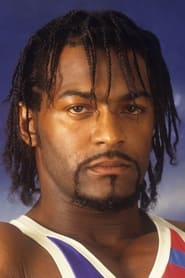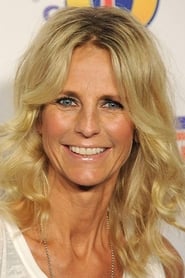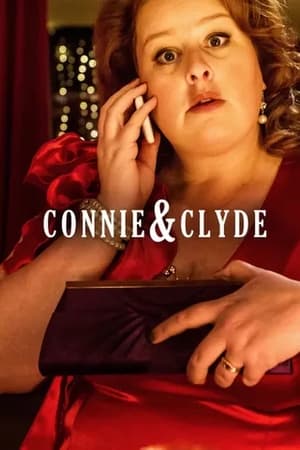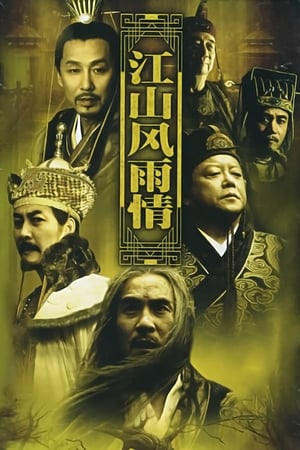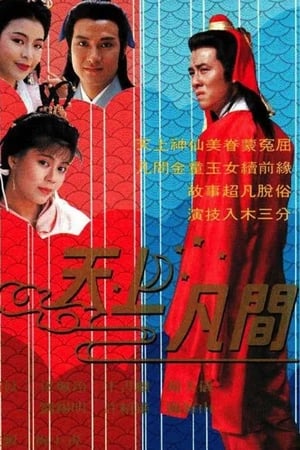
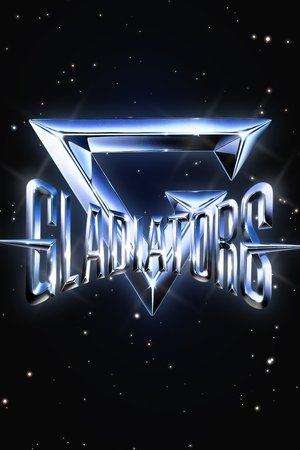
Gladiators(1992)
Overview
Gladiators is a British television entertainment series, produced by LWT for ITV, and broadcast between 10 October 1992 and 1 January 2000. It is an adaptation of the American format American Gladiators. The success of the British series spawned further adaptations in Australia and Sweden. The series was revived in 2008, before again being cancelled in 2009. The series was originally presented by John Fashanu and Ulrika Jonsson, however, Fashanu was replaced by Jeremy Guscott in 1997. Guscott left the series in 1998, and subsequently, Fashanu returned for the final series in 1999. The series was refereed by John Anderson and the timekeepers over the show's run were Andrew Norgate, Derek Redmond and Eugene Gilkes. John Sachs was the show's commentator, and the series was accompanied by its own group of cheerleaders, known as G-Force. Despite being made by London Weekend Television, all episodes of Gladiators, International Gladiators, the second series of The Ashes and the first series of The Springbok Challenge were recorded at the National Indoor Arena in Birmingham. The first series of The Ashes and the second series of the The Springbok Challenge, however, were filmed on the sets of the Australian and South African versions of the shows respectively. The series also spawned a version for children, entitled Gladiators: Train 2 Win, which was broadcast on CITV between 1995 and 1998.
Networks:

Top 10 Billed Cast
Wolf
Recommendations TVs

Nuremberg: Nazis on Trial (en)
Nuremberg: Nazis on Trial, is a BBC documentary film series consisting of three one-hour films that re-enact the Nuremberg War Trials of Albert Speer, Hermann Göring and Rudolf Hess. They were broadcast on BBC Two in 2006 to coincide with the 60th anniversary of the trials.
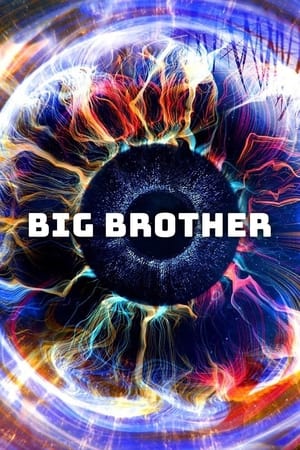
Big Brother (en)
A British reality television game show in which a number of contestants live in an isolated house for several weeks, trying to avoid being evicted by the public with the aim of winning a large cash prize at the end of the run.
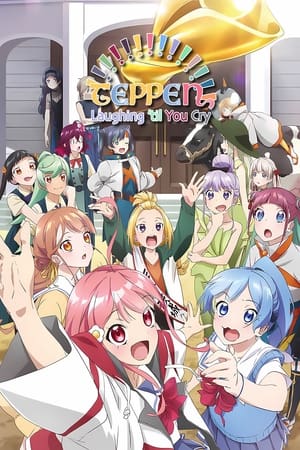
Teppen!!!!!!!!!!!!!!! Laughing 'til You Cry (ja)
Yayoi Sakamoto, a diehard fan of comedians and comedy acts, enrolls in the private Kazuki High School in Nanba (Osaka's entertainment district famous as the starting point for many comedians). She reunites with Yomogi Takahashi, a childhood friend who once formed the comedy duo "Konamonzu" with her when they were little. Before long, they find themselves putting together a routine at a park like they did before, in order to enter a local shopping area's contest. At that moment, a mysterious girl calls out to them.
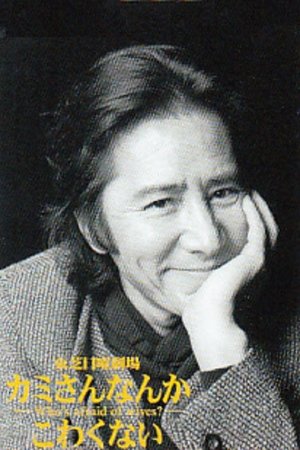
Kamisan Nanka Kowakunai (ja)
Faithfully married to his wife for 25 years, Goro is left to live alone for three months while his wife visits their pregnant daughter in London. His two devious childhood friends use the chance to gain a little freedom for themselves and move in with Goro. Goro would rather have his wife home and his friends out the door; but with all the beautiful women that keep walking into his life every episode, he may take the opportunity to do a little flirting of his own.

Perfect Son (ja)
Perfect Son is comedy-drama television series co-starring Ryosuke Yamada and Kyōka Suzuki, which aired on NTV from 21:00-21:54 on Saturday nights from 14 January 2012 to 17 March 2012. The screenplay was written by Shinji Nojima.
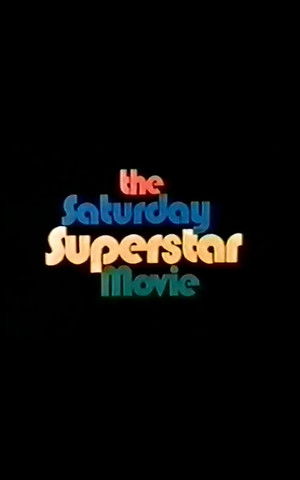
The ABC Saturday Superstar Movie (en)
The ABC Saturday Superstar Movie — renamed The New Saturday Superstar Movie in its second season — is a series of one-hour animated TV-movies, broadcast on the ABC television network on Saturday mornings from September 9, 1972, to November 17, 1973. Intended as a "Movie of the Week" for kids, this series was produced by several production companies — including Hanna-Barbera, Filmation, and Rankin/Bass — and mostly contained features based on popular cartoon characters and TV shows of the time, such as Yogi Bear, The Brady Bunch, and Lost in Space. Some of the features served as pilots for new TV shows.
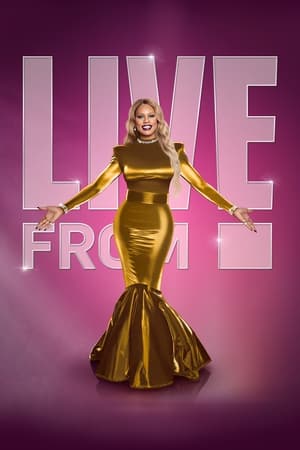
E! Live from the Red Carpet (en)
The pre-show to the major award shows that airs on E! Entertainment Television. Live From the Red Carpet covers celebrity arrivals and gets you right up for a first-row seat to see the stars and all the excitement with live coverage of the fashion, flair, glitz and glamour.
PDQ (en)
PDQ is an American television game shows created by Heatter-Quigley Productions. The objective was to guess a word or a given phrase in the shortest amount of time with the fewest letters given as possible. It was syndicated by Four Star Television which aired from September 6, 1965 to September 26, 1969, primarily on NBC-owned stations but syndicated in markets where NBC didn't own a station. PDQ was named after its original sponsor, a flavored drink mix. The show and product shared logos, although on the show the initials stood for "Please Draw Quickly".
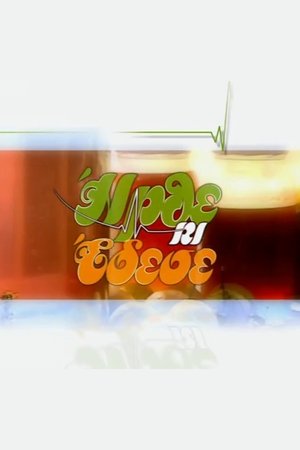
Irthe ki edese (el)
A flirtatious successful heart surgeon becomes attracted to a young doctor and her strong independent mother and his life gets very complicated.
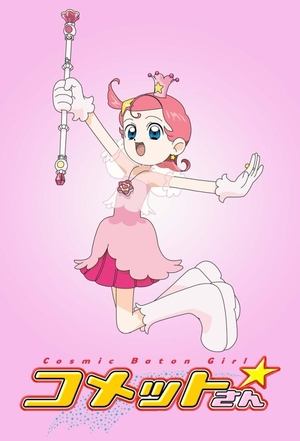
Princess Comet (ja)
Princess Comet is a Japanese TV Drama and manga series created and illustrated by Mitsuteru Yokoyama, the creator of Tetsujin 28-go and Giant Robo. The TV drama tells the story of Comet, one of the princesses of the Triangle Nebula who came to Earth in search for the missing prince. The Manga is first serialized in Shueisha's monthly Margaret magazine from July to November 1967, marking as one of Japan's first Magical Girl series produced.

Salgueiro Maia - The Implicated: The Series (pt)
On April 25, 1974, a man walked alone in Largo do Carmo. He knocked on the GNR military barracks door and entered, unarmed and without any escorts. Inside, the Government’s chief, Marcelo Caetano, waited, surrounded by the military and the people. The man who stared at him that afternoon and demanded surrender, guaranteeing his safety, had just led Santarém’s Artillery 1 regiment in taking the capital. Without firing a single shot, he managed to overthrow a regime that was over 48 years old. That was the last step to take and he took it, without hesitation, becoming the unavoidable figure of the day that marked the beginning of democracy in Portugal.

Spook Show 17 (en)
To soothe his insecurity, an egotistical innovator decides to make his own reality TV show about how he and his business savvy wife lead a misfit crew to build the craziest, most elaborate haunted house in the galaxy: The 17th Door. A complete departure from what you know about reality TV, Spook Show 17 is completely authentic, obnoxiously irreverent, and flat out hilarious. Follow this team's journey through 14 episodes of design, build, casting, and operating, where you will see behind the scenes what it takes to truly scare the s**t out of people.
Girl TV (en)
Girl TV was a weekday afternoon television program, primarily aimed at teenage girls, that was broadcast by the Australian Seven Network between 2003 and 2004. The series was cancelled due to low ratings and lasted two seasons.
